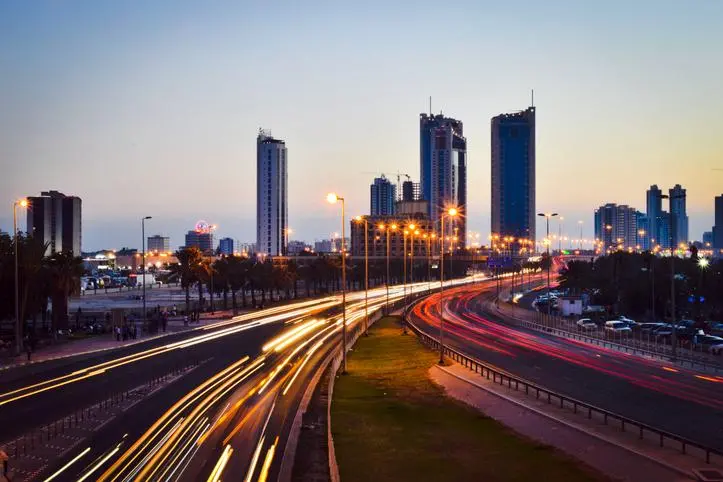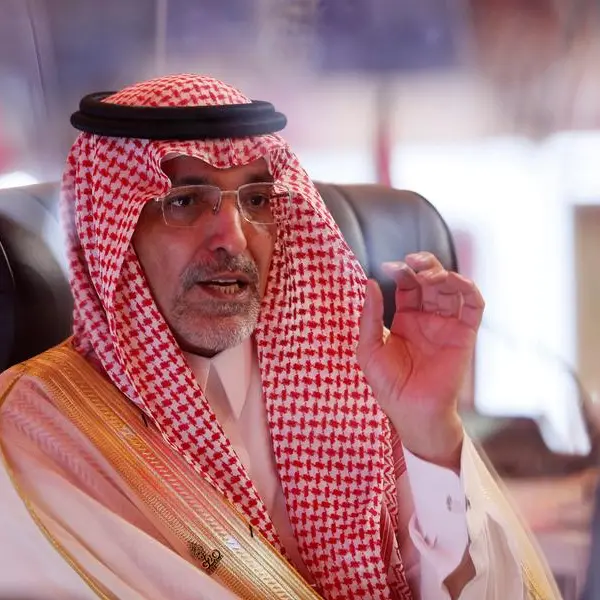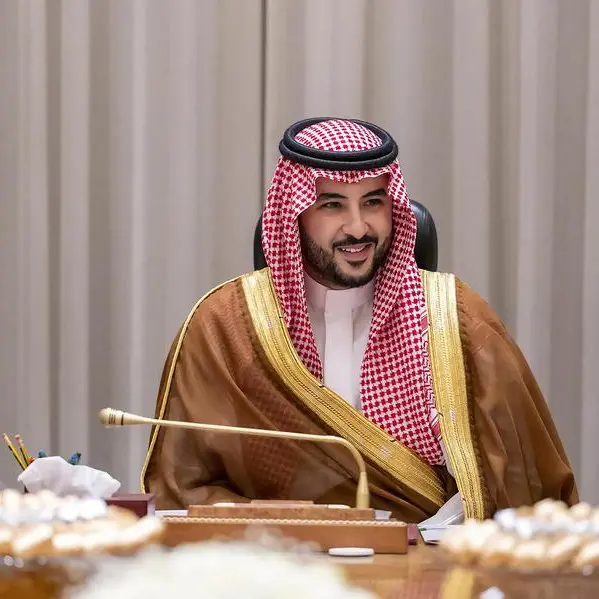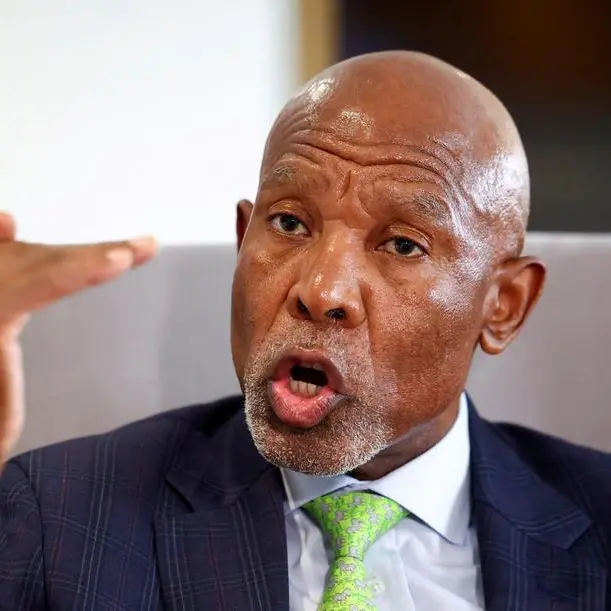PHOTO
DUBAI - Bahrain must urgently reform its finances to cut a large state budget deficit and support its currency, a senior International Monetary Fund official said after annual consultations with the government.
Fiscal steps which the government has already announced would cut the deficit to 11 percent of gross domestic product in 2018 from 14 percent last year and around 18 percent in 2016, Bikas Joshi, who led an IMF mission to Manama, said in a statement late on Wednesday.
But without further measures, non-oil revenue will stagnate and economic growth will slow, Joshi said, noting that public debt increased to 89 percent of GDP last year and foreign reserves were low, covering only 1.5 months of non-oil imports.
The cost of insuring Bahrain's sovereign debt against default jumped near multi-year highs this month because of investors' concern over the the country's debt burden as U.S. interest rates rise.
"Fiscal consolidation would support the peg to the U.S. dollar, which continues to provide a clear and credible policy anchor," Joshi said.
He added that Bahrain should, for example, consider revising its subsidy system to make it more efficient while curbing a large public sector wage bill.
However, Bahrain's financial sector is stable, thanks to big capital buffers, and GDP is expected to grow 3.2 percent in 2018 on the back of a recovery in oil production, infrastructure projects and rising refinery and aluminium production capacity, Joshi said. GDP grew around 3.8 percent in 2017.
(Reporting by Andrew Torchia; Editing by Himani Sarkar & Shri Navaratnam) ((andrew.torchia@thomsonreuters.com; +9715 6681 7277; Reuters Messaging: andrew.torchia.thomsonreuters.com@reuters.net))





















